
From special issues in diagnosing and treating catatonia to helping justice-involved individuals re-enter the community, here are highlights from the week in Psychiatric Times.


From special issues in diagnosing and treating catatonia to helping justice-involved individuals re-enter the community, here are highlights from the week in Psychiatric Times.
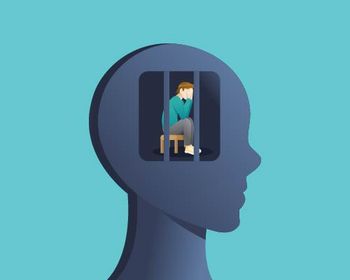
How can recovery-oriented cognitive therapy be a game changer for these individuals?

New Year’s may be a customary time to start improving your life—but think how much better you will feel if you start today.

What is a safety plan, and how can clinicians use it to help patients with suicidal behavior?
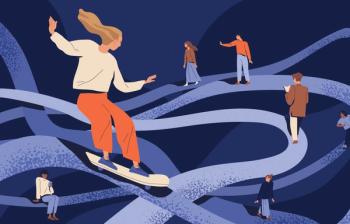
"Accordingly, I asked Henry what he would be doing differently—or how his life would be different—if he were not depressed, if he stopped worrying, and if he was enjoying retirement."

“Our country needs the psychological healing of our increasing divisiveness and conflicts…”

How can a greater emphasis on valued experiences both promote well-being and alleviate stress in patients?

Recovery-oriented cognitive therapy: a promising whole-person approach to improve lives for individuals with serious mental health challenges.

How have William Wordsworth's ideas about creative visualization influenced cognitive behavioral therapy in contemporary psychiatry?
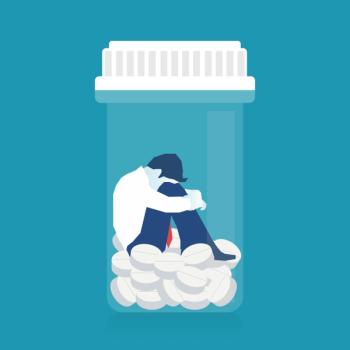
How can this combination of treatments help create positive change for individuals struggling with addiction?
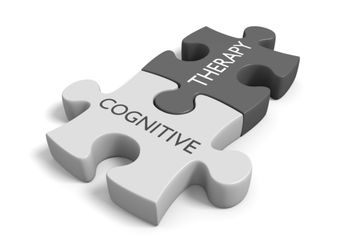
When experiencing challenges with a particular patient, how can you repair the rupture in the therapeutic alliance?

What do these have to do with CBT, creative visualization, and contemporary psychiatry?
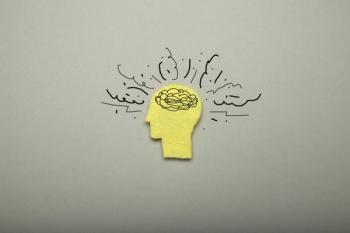
OCD is highly comorbid and warrants consideration in difficult to treat cases. Learn more here.

How can cognitive behavioral therapy improve outcomes for individuals with insomnia?
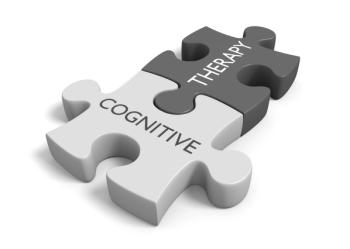
How can cognitive behavioral therapy be adapted to different cultures and address larger social issues?
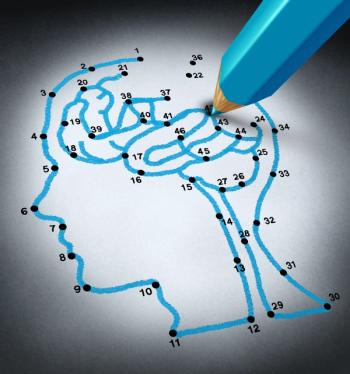
Why are mental health digital therapeutics primarily based on CBT?

"Well-meaning" behavior by parents or guardians could be contributing to high levels of depression, suicidality, substance use, and other adverse outcomes in their child.

Judith Beck, PhD, talks Cognitive Behavior Therapy, clinical tips, and the work of her father, Dr Aaron Beck.
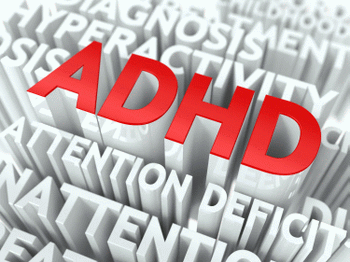
New research highlights the potential benefits and detriments of treatment strategies for ADHD, including both pharmacological and nonpharmacological options.

This article provides a brief synopsis of the research regarding the use of psychotherapy to manage suicidal behavior, followed by several examples of strategies that such treatment employs.
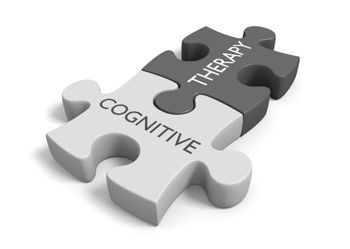
Although it is still widely believed that the management of chronic pain usually requires medications or physical interventions, a growing body of research has demonstrated the efficacy of psychological therapeutic modalities.

In considering how best to disseminate the many psychotherapeutic techniques to practicing clinicians, the author reviews findings and changes to guidelines on depression treatments.
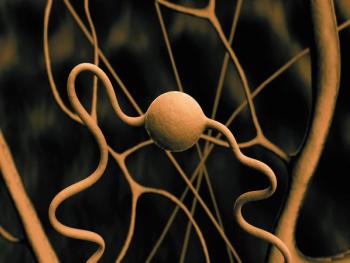
It is time for the psychiatric and wider medical world to embrace lessons from the growing science of resilience to treat the wide range of stress-related medical and psychiatric disorders more effectively.
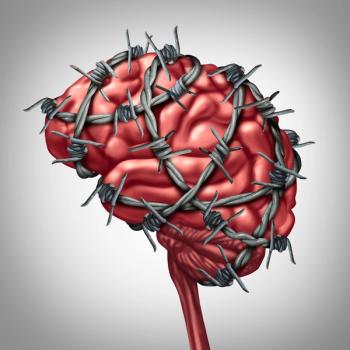
Migraine, tension-type, cluster...test your clinical acumen about headaches with these 16 questions.

Psychiatrists who treat patients with psychosis in institutional, community, and crisis settings provide evaluations and medication management, but rarely consider psychotherapeutic interventions. However, such interventions can be critical in recovery.